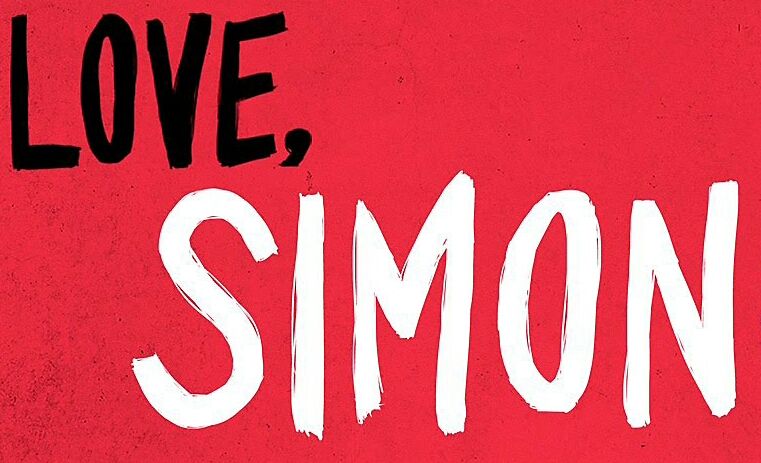Love, Simon: Review
“Everybody deserves a great love story” are the words that feel significant to the essence of Love, Simon. As of late, queer films have been confined to being critically-acclaimed awards darlings, led by the ground-breaking ‘Best Picture’ win of Moonlight at the 2017 Oscars. Yet, none have received great mainstream success or the backing of a large studio, while any representation of queer characters in big studio films has been relegated to supporting characters or broad stereotypes. Now arrives Love, Simon, the first teenage queer romance to be backed by a major studio in history – a film that unabashedly and beautifully depicts its central romance as has been seen in straight romances for decades.
the formula is refreshed as these heightened emotions are transplanted into the difficult experience of coming out
Simon (Nick Robinson) is at pains to emphasise how normal his life is, all except for the fact that he is secretly gay. Teen-focused films as they are known envision the high school experience with a sense of heightened emotions and stakes, where every drama and event feel of utmost importance – here the formula is refreshed as these heightened emotions are transplanted into the difficult experience of coming out. Already the conflict of Simon feels authentic to our times in a way that teen films haven’t for years, yet Simon’s struggle is realised in a way that is universal. Director, Greg Berlanti, who is openly gay himself, depicts this conflict with great honesty and humour, helping the film avoid feeling like an exercise in seeing how straight filmmakers and studio execs imagine queer youth to be like.
The main plot thrust comes as Simon begins anonymously corresponding over email with another gay teenager at his school, who dubs himself ‘Blue’. The two bond and fall for each other – though not before Simon’s secret falls into the hands of a blackmailing classmate who threatens to out him to the school if he doesn’t help him woo Simon’s friend, Abby (Alexandra Shipp). Showrunners of the drama, This is Us, Isaac Aptaker and Elizabeth Berger pen the screenplay, which balances some of the cringier comedy and inherent cheesiness with genuine sincerity to the emotions and a diverse ensemble of engaging and funny characters. Simon, his family and his group of friends mostly feel like genuinely fleshed out and grounded characters, whilst Tony Hale and especially, Natasha Rothwell are on hand as the embarrassing vice principal and disgruntled drama teacher to bring the biggest laughs.
Robinson makes Simon into an endearing, funny and relatable protagonist
But the film’s star is undoubtedly Nick Robinson himself, who carries the film with ease and gives an enormously winning performance as Simon. One might think that the normalcy that is emphasised by him in the film could lead to a fairly dull character, but Robinson makes Simon into an endearing, funny and relatable protagonist, as we follow him through times of awkwardness, heartbreak and anger across the film.
By no means is Love, Simon without flaws – the upper-middle class settings are kind of inaccessible and homogeneous, whilst there is little visual interest to be found in much of the film’s aesthetics and framing. Some may even consider the film to be too formulaic or schmaltzy to be relatable to LGBTQ+ viewers who don’t have the privileged life and less stereotypically gay persona that Simon does. However, it is precisely the breezy tone and conventionality that make the film so refreshing – we’ve seen enough suffering of queer people in other films and especially in real life. Love, Simon simply sets out to tell an uplifting story of love with a gay protagonist, and it does with so much charm and joy that the faults just don’t register. As Simon says, “everyone deserves a great love story”, and this rom-com brilliantly succeeds in telling one.

Comments